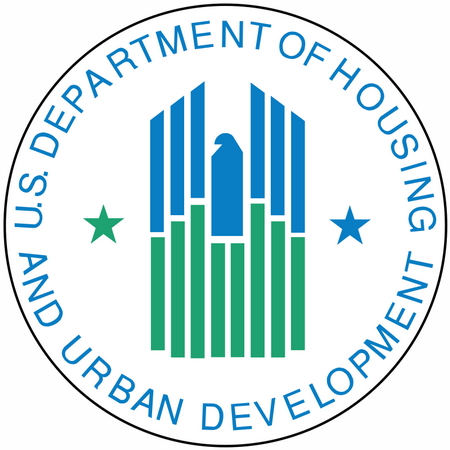
The Real Estate Roundtable today submitted a suite of policy suggestions (revised January 21, 2020) to the Department of Housing and Urban Development (HUD) to improve access to affordable housing. The comments respond to HUD’s Request for Information seeking public feedback on laws, regulations, land use requirements and administrative practices posing barriers to housing affordability and availability.
Roundtable Recommendations
The Roundtable’s comments offer policies intended to bring more safe, decent, and affordable housing within reach of indigent and low-income households. It also urges HUD to focus on the scarcity of homes accessible to middle class families, and recommends policies to increase both purchase and rental options for teachers, first responders, and other contributors in America’s workforce.
Recognizing “there is no single, best solution to promote housing affordability and increase housing supplies,” The Roundtable suggests a number of strategies to address the challenges and opportunities for public, low-income, and middle-class housing, including:
The comments conclude with an assessment of rent control laws which have “a long-term effect to worsen the housing crisis,” The Roundtable wrote to HUD. The letter notes that numerous studies show these laws decrease housing supplies and can illogically benefit high-income earners who have no incentive to move out of controlled units.
In a related development this week, the National Multifamily Housing Council (NMHC) released a report on “Rent Control: A 2019 Recap and a 2020 Look Forward,” which provides a national assessment of rent cap efforts by multiple states. The new report supplements NMHC’s Housing Affordability Toolkit that explains the cost drivers behind apartment development and delves into best practices to address the affordability challenge.
During The Roundtable’s January 28 State of the Industry meeting in Washington, DC, a discussion of housing availability and affordability will feature Federal Housing Finance Agency Director Mark Calabria and Rep. Patrick McHenry (R-NC), Ranking Member of the House Financial Services Committee.
# # #